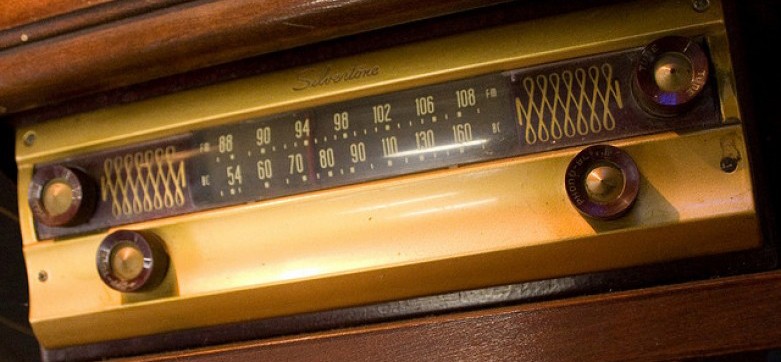
Making Community Radio a Reality
This is the story of what happens after a bill becomes a law.
In this case it is the story of the Local Community Radio Act. Or as we like to call it, “The Little Bill That Could (Even When It Seemed Like It Couldn’t).”

The FCC's decision to dismiss 6,000 translator applications opens up tremendous opportunities for LPFMs to find a place on the radio dial.
The Local Community Radio Act did something amazing: In an era in which money is speech and the 1 percent is gaining endless ground on the rest of us, this bill opened the doors for hundreds (possibly even thousands) of new community radio stations to go on the air across the country. These small Low Power FM stations — called LPFMs — reach a radius of only about 5 to 10 miles, but their impact is massive. Nonprofits run these noncommercial stations, which put the voices of people who actually live and work in our communities on the air.
This can mean different things in different communities. Some stations put local music on the air. In other communities, LPFMs are the only place on the dial where non-English language programming exists. Some towns use these stations for community organizing. But in all cases they are powerful resources for communities.
Congress passed the Local Community Radio Act in late 2010. President Obama signed the bill into law in early 2011. And on Monday the Federal Communications Commission — the agency in charge of implementing the law — took the first step toward getting these stations on the air.
Those Pesky Translators
Before the FCC could determine all the technical details on exactly how to license these stations and what exactly the rules would be, it first had to deal with an immense backlog of applications. These applications were all for translators, which have the exact same technical makeup as LPFM stations. But instead of using their precious broadcast frequencies to bring something new to the airwaves, translators repeat the signals of existing stations. Translators are not inherently evil by design, but if the FCC had approved all 6,000 applications (all of which dated back over nine years), there would have been no room left on the dial for new stations.
On Monday, the FCC dismissed the old translator applications — clearing the way for the next generation of local radio stations. While this may seem like a mere procedural step, it represents a huge victory. Now that translator applications have been dismissed in cities like Philadelphia, Atlanta, Denver and Austin, locally produced radio finally has a shot at getting on the air. Thanks to the tireless lobbying of groups like the Prometheus Radio Project and the Media Access Project, local community radio has the potential to take root in dozens of new cities.
With these translators out of the way, the FCC can now start in on the next phase of implementation: figuring out how to make the Local Community Radio Act a reality. In the next round, the FCC will set important rules on issues such as where stations will be licensed, who will be eligible to apply for licenses and what the local programming requirements will be.
What’s Next?
While FCC sorts out these decisions, there’s a simultaneous movement outside the Beltway to spread the word about the opportunity the Local Community Radio Act represents. Community radio enthusiasts, public interest advocates, social justice organizers, cultural workers, musicians, artists, labor movement activists and engaged community members are all working together to spread the gospel about this rare opportunity to secure LPFM licenses for nonprofit groups across the country. In fact, if getting a station sounds like something you want to get into, you can head right over to the Prometheus Radio Project’s website and check out their resources.
The FCC’s actions this week gave us plenty of reason to celebrate, but the fight isn’t totally over. The very same media lobbyists who fought for the last 10 years to keep community radio off the air are paying close attention to exactly what ends up in the FCC’s rules. And the decisions the agency makes in this round could nearly double the number of stations available in urban markets. You can sign up here for updates from Free Press on these developments.
If you’re interested in promoting diversity on the radio dial, please consider a donation to the Free Press Action Fund. Thank you.
Photo credit: Orin Zebest via Flickr